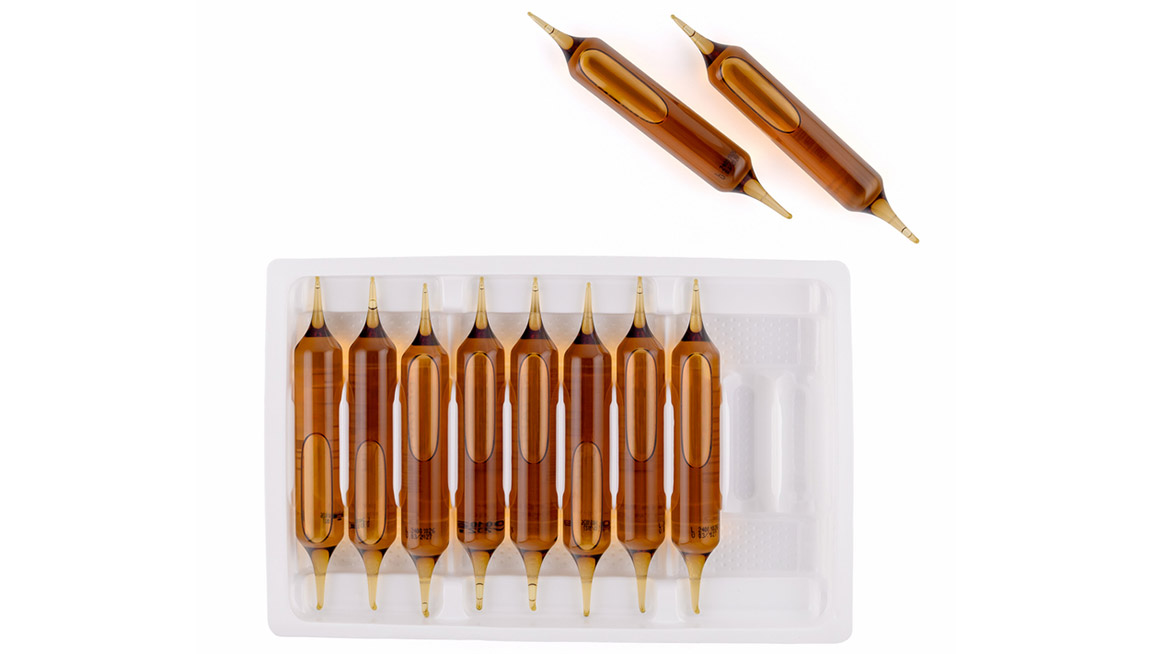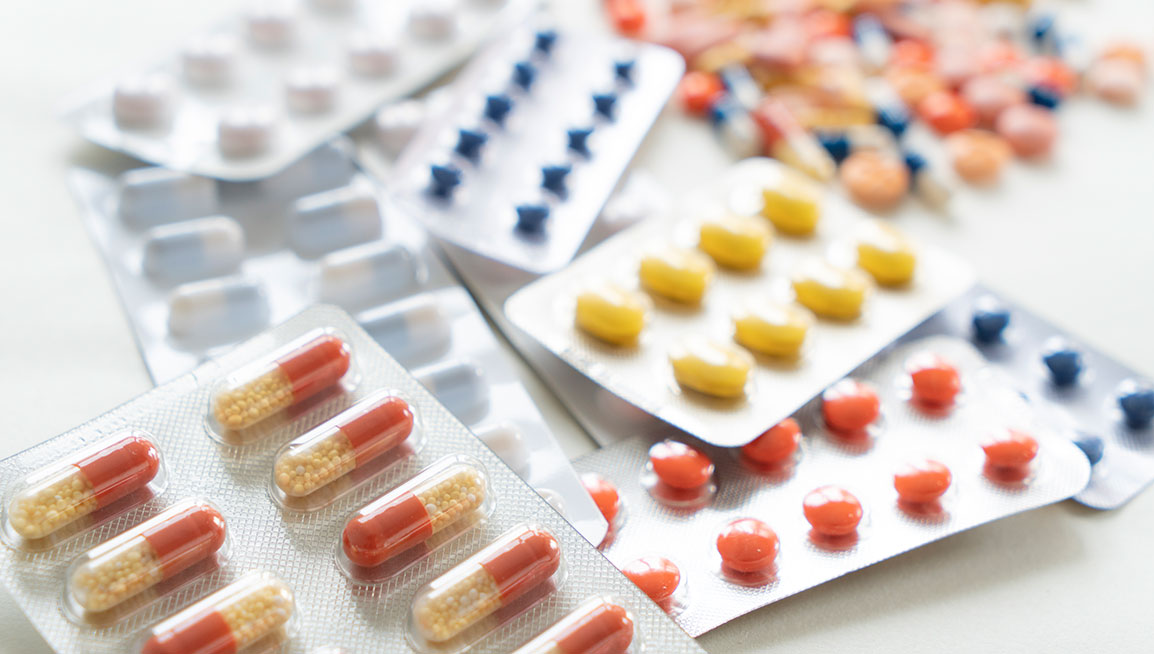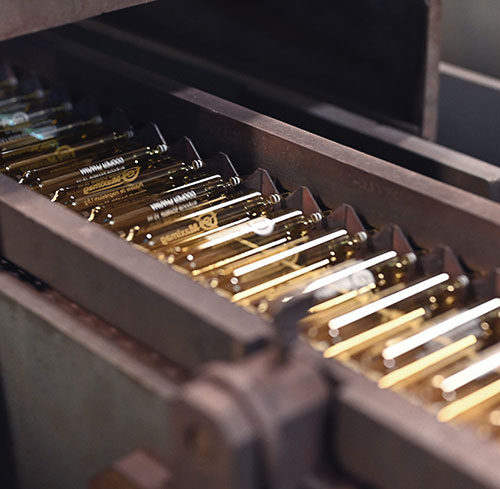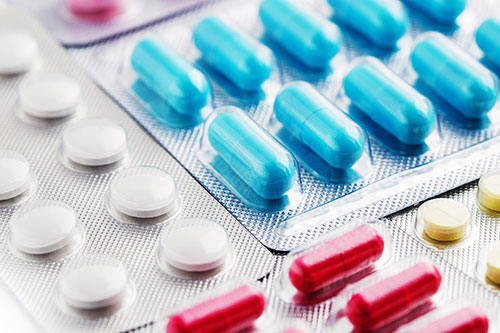Medications play a major public health role by treating and preventing various diseases. Their production involves pharmaceutical manufacturing processes that drug manufacturers must adhere to. This is essential to ensure the effectiveness and safety of medications.
In this article, find out what you need to know about the pharmaceutical manufacturing process of drugs.
1. What is medicine ?
a. Definition of medicines
A medicine is defined by the Public Health Code (article L.5111-1) as “Any substance or composition presented as having curative or preventive properties with respect to human or animal diseases, as well as any substance or composition that can be used in humans or animals or that can be administered to them, with the aim of establishing a medical diagnosis or of restoring, correcting, or modifying their physiological functions by exerting a pharmacological, immunological, or metabolic action“.
b. Role of medicines
Medicines play a threefold role by enabling the treatment of acute and chronic diseases, preventing the onset of certain illnesses, and improving the quality and life expectancy of patients by helping to manage disease symptoms.
 https://www.sfamgroup.com/wp-content/uploads/2025/04/drug-manufacturing-challenge-pharmaceutical-cdmo.jpg
654
1154
SFAM
https://www.sfamgroup.com/wp-content/uploads/2024/06/logo-sfam.svg
SFAM2025-04-10 09:00:542025-04-10 08:52:05Pharmaceutical CDMOs: key advantages and challenges of pharmaceutical outsourcing
https://www.sfamgroup.com/wp-content/uploads/2025/04/drug-manufacturing-challenge-pharmaceutical-cdmo.jpg
654
1154
SFAM
https://www.sfamgroup.com/wp-content/uploads/2024/06/logo-sfam.svg
SFAM2025-04-10 09:00:542025-04-10 08:52:05Pharmaceutical CDMOs: key advantages and challenges of pharmaceutical outsourcing



